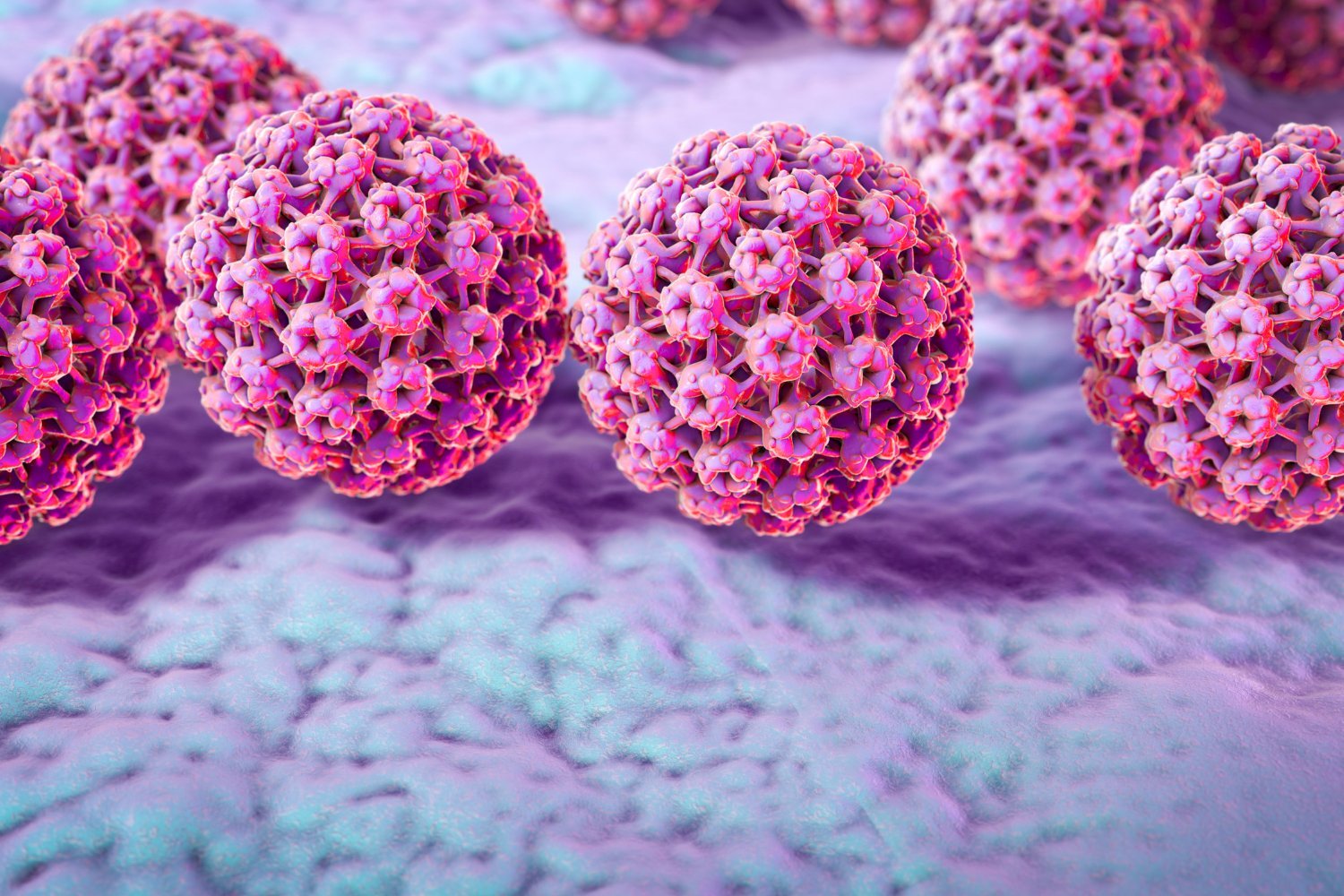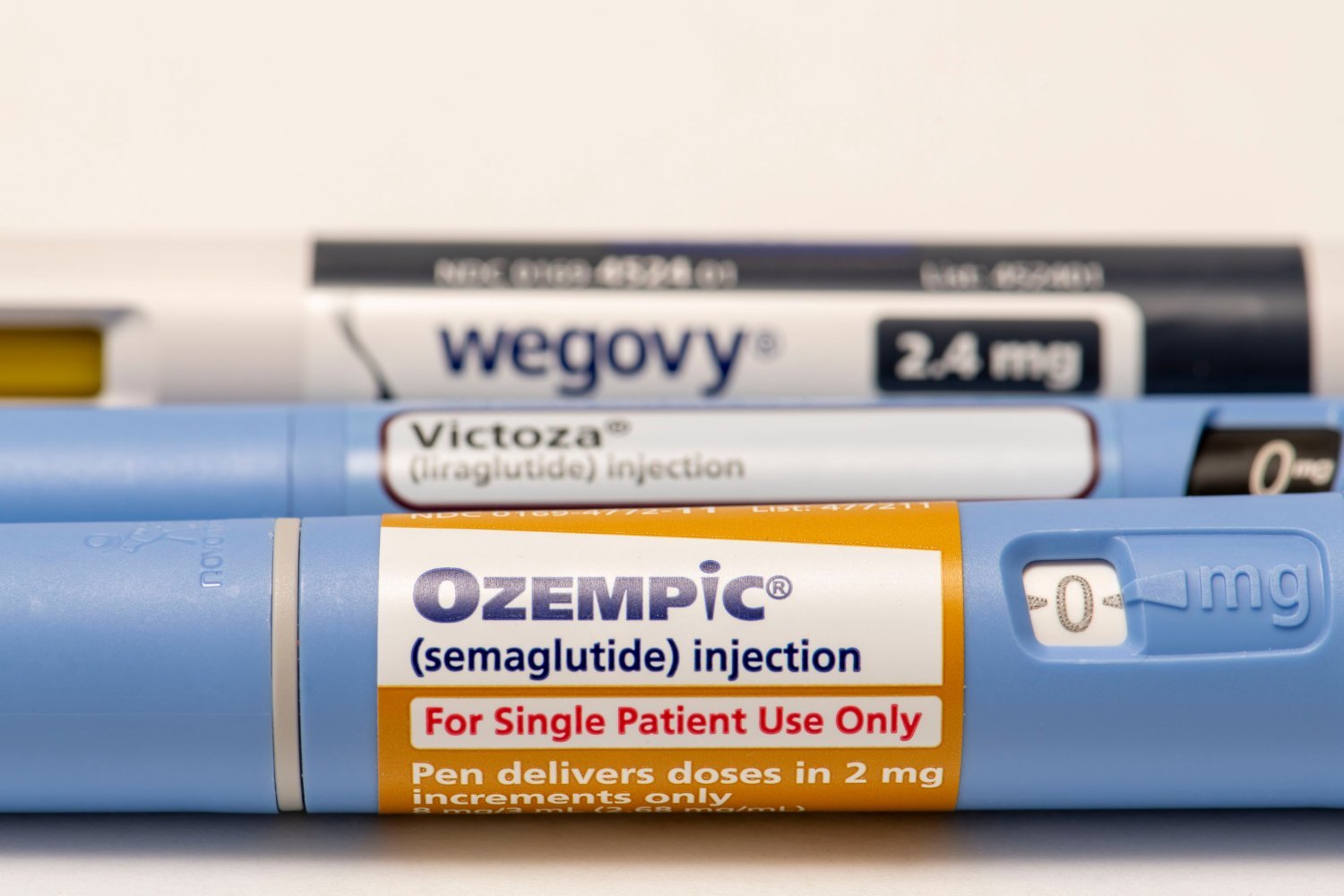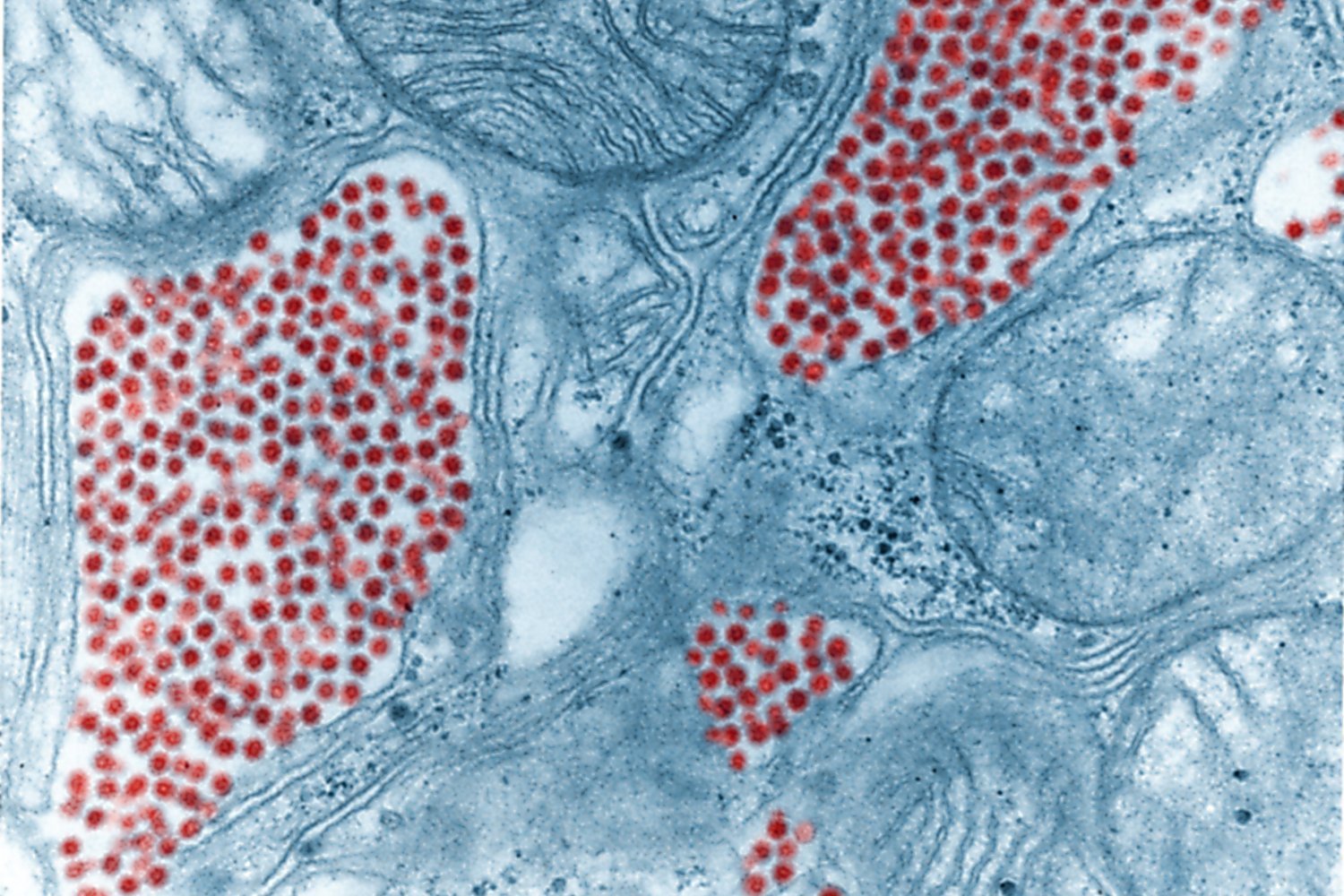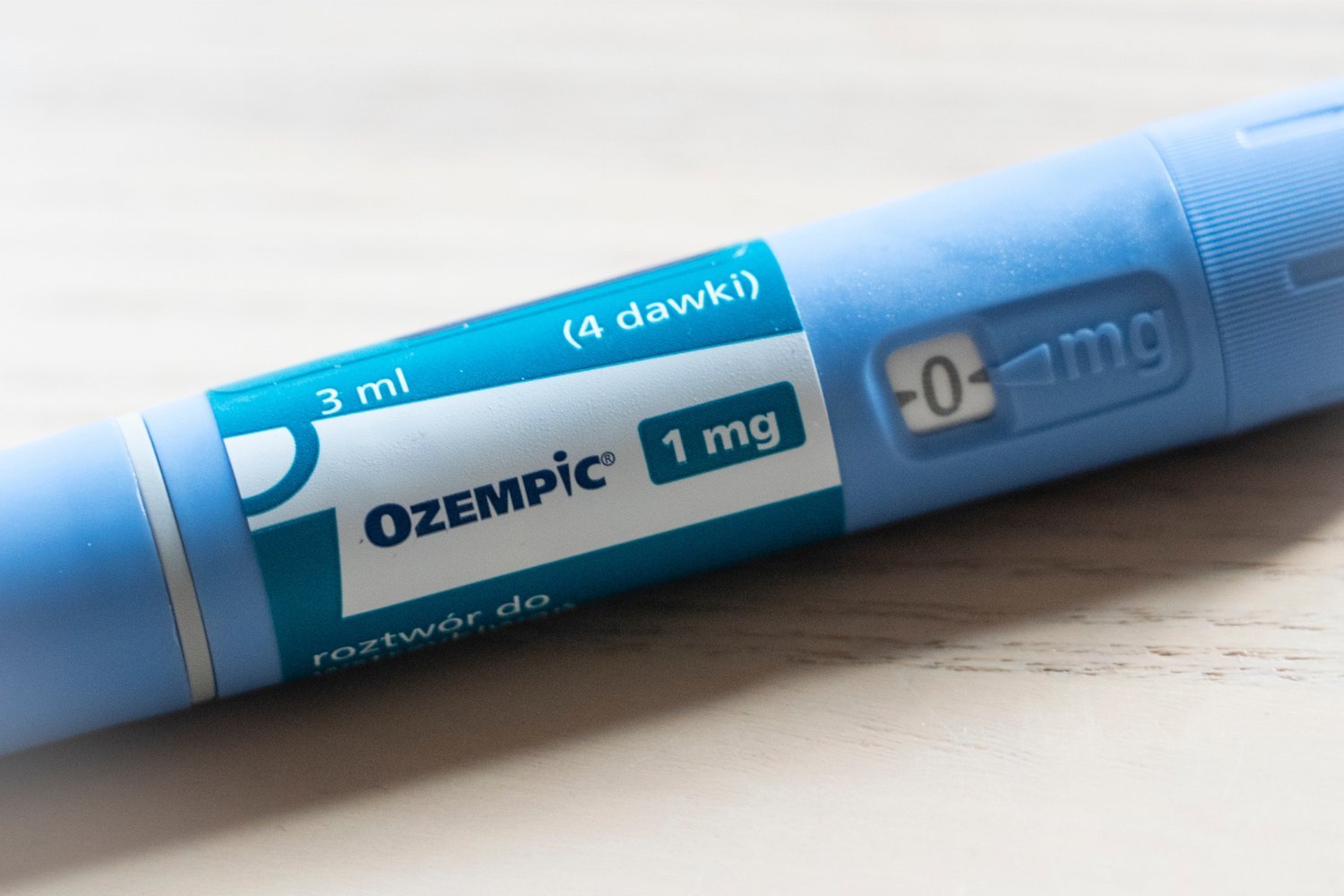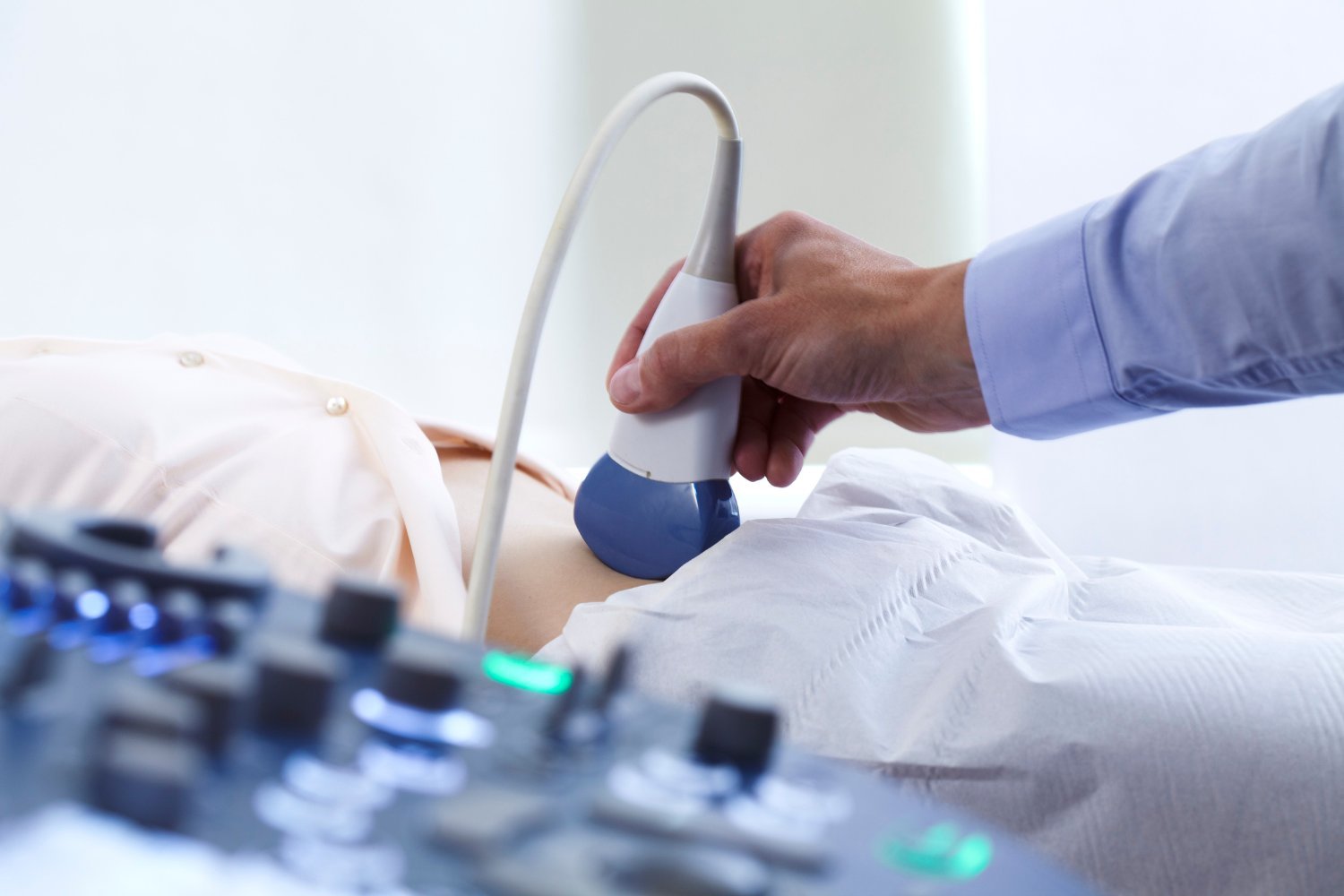The American Association for Cancer Research (AACR) has released its 14th annual Cancer Progress Report, highlighting the significant link between certain preventable infections and cancer development. The report emphasizes the importance of vaccination and treatment for infections like human papillomavirus (HPV), hepatitis B (HBV), hepatitis C (HCV), and Helicobacter pylori, which can significantly reduce the risk of several types of cancer.
According to the report, approximately 3.4% of all cancer cases in the U.S. are attributed to infections, while this figure rises to 13% globally. While various pathogens can contribute to cancer development through mechanisms like cellular changes, immune suppression, or chronic inflammation, the report focuses on HPV, HBV, HCV, and H. pylori due to their substantial impact. These four pathogens are estimated to account for over 90% of infection-related cancers worldwide.
The Impact of Specific Infections
Chronic HBV and HCV infections are linked to liver cancer, while H. pylori can trigger stomach cancer. HPV is responsible for almost all cervical cancers in women and a majority of penile cancers in men. Additionally, HPV is implicated in most anal, throat, and mouth cancers in both men and women. While Epstein-Barr virus (EBV) also contributes to various cancers, including Hodgkin’s lymphoma, it lacks current preventative vaccines or specific treatments, unlike the other four highlighted pathogens.
Prevention and Treatment Options
Fortunately, highly effective vaccines are available to prevent HBV and most cancer-causing HPV strains. Chronic HCV infections can now be cured with effective medications. H. pylori, a common cause of stomach ulcers, is treatable with antibiotics and acid-reducing drugs. Despite the availability of these preventative and treatment options, the AACR report emphasizes the need for increased access and utilization. For instance, only about two-thirds of eligible adolescents received the recommended two doses of the HPV vaccine in 2022.
Progress and Challenges
The AACR report also acknowledges the significant strides made in cancer diagnosis and treatment, including advancements in immunotherapy, which have improved outcomes for previously untreatable cases. However, with approximately 40% of U.S. cancers linked to modifiable risk factors like infections and alcohol consumption, the report underscores the need for continued efforts.
Continued Research and Funding
“In recent years, we have witnessed extraordinary advances against cancer,” stated AACR CEO Margaret Foti. “To maintain this pace of progress for patients, robust and sustained funding for cancer research must remain a national and congressional priority.” The report emphasizes the importance of continued research and funding to further improve cancer prevention, diagnosis, and treatment, ultimately reducing the global cancer burden.



